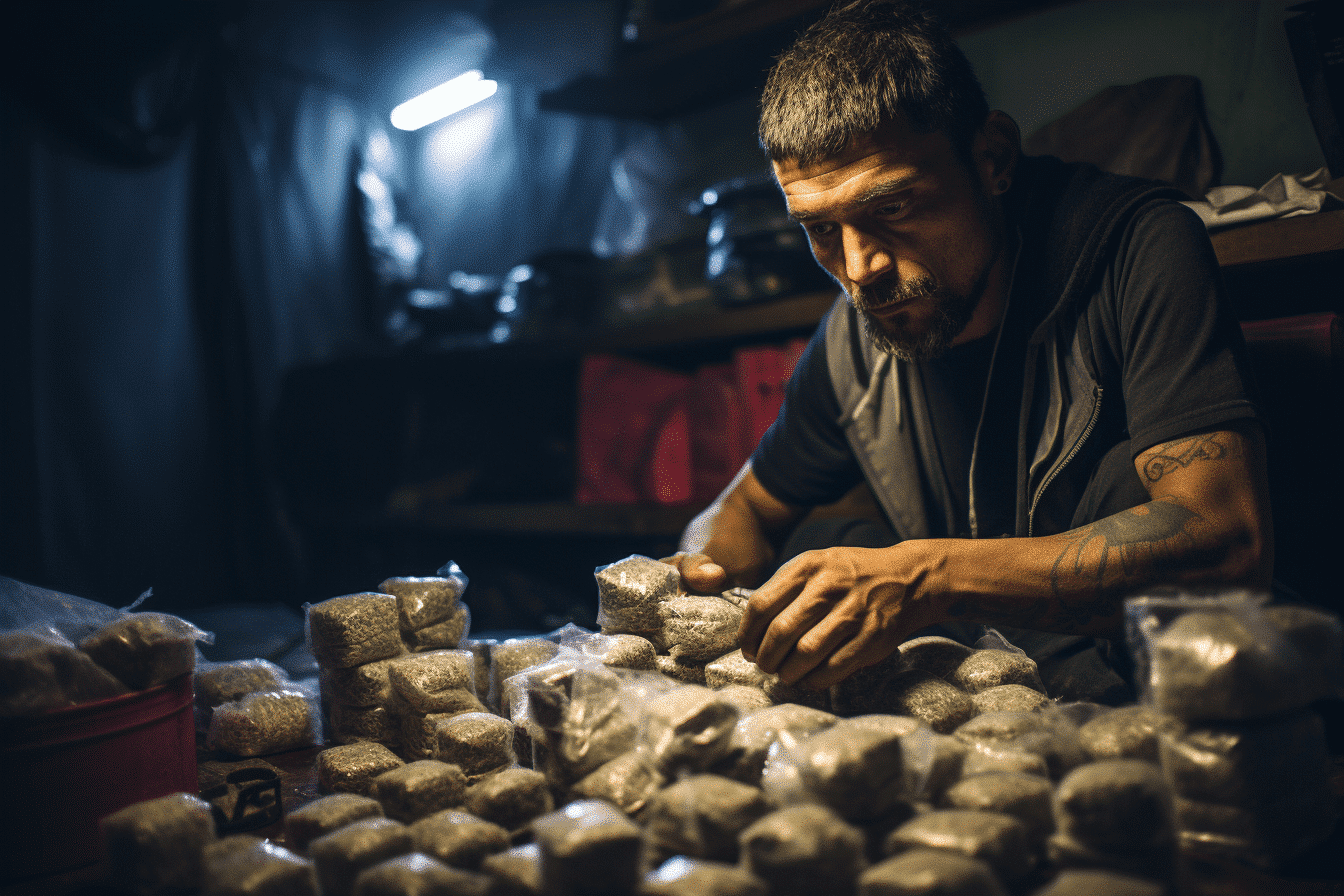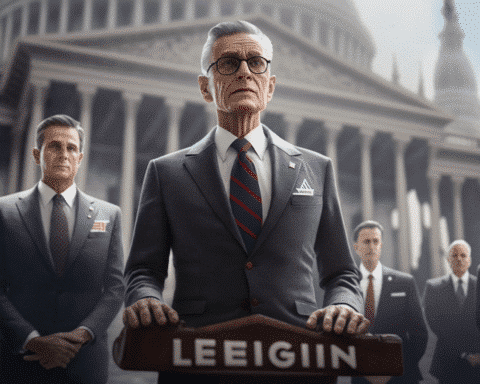In a revelation that threatens to strain already tense relations between the United States and Venezuela, a secret memo has come to light detailing a covert operation by the U.S. Drug Enforcement Administration (DEA). The operation aimed to spy on top Venezuelan officials and build drug-trafficking cases against them. Here are the key details:
- Operation Money Badger: The operation, known as “Operation Money Badger,” was initiated in 2018 and involved undercover operatives from the DEA infiltrating Venezuela. Their mission was to surreptitiously gather evidence related to drug trafficking and other illicit activities.
- Violation of International Law: The 15-page memo acknowledges that the operation was conducted without notifying Venezuelan officials, raising concerns about its compliance with international law. It is considered a violation of a host country’s sovereignty to carry out such covert operations without their consent.
- High-Profile Targets: Among the primary targets of the operation was Venezuelan President Nicolás Maduro, along with some of his closest allies. The DEA sought to gather evidence against these officials to build criminal cases.
- Operational Secrecy: The memo emphasized the need for utmost secrecy and cautioned against exposing the operation’s informants to host country officials. It highlighted the potential risks to confidential sources, including imprisonment if their cooperation with the DEA was exposed.
- Lack of Accountability: While there is no clear mechanism to legally hold the United States accountable for such actions, international law experts argue that such covert operations without host country consent can lead to diplomatic tensions and objections.
- Changing Priorities: Under the Biden administration, the U.S. has shifted its focus away from targeting Maduro and his associates. Instead, it has rolled back sanctions and sought negotiations with the Venezuelan government. The fate of “Operation Money Badger” under the new administration remains uncertain.
- Accidental Disclosure: The memo was accidentally made public during a bribery trial in the U.S., where former DEA supervisors faced charges related to leaking sensitive law enforcement information. It was later sealed due to concerns about diplomatic repercussions.
- Limited Impact: Despite the operation, many of the targeted Venezuelan officials remain in their home country, where they are unlikely to face justice in the U.S. unless they leave Venezuela. This has led some critics to question the effectiveness and impact of such covert programs.
While the DEA and the Justice Department declined to comment on the memo and the specific operations, the revelation has raised concerns about the extent to which the U.S. is willing to go to combat drug trafficking in countries like Venezuela. It also highlights the challenges of conducting covert law enforcement actions in foreign territories without their consent, as international law experts anticipate objections and potential diplomatic fallout.
As the details of “Operation Money Badger” continue to emerge, it remains to be seen how this revelation will impact U.S.-Venezuela relations and the broader debate over the ethics and legality of such covert operations.




